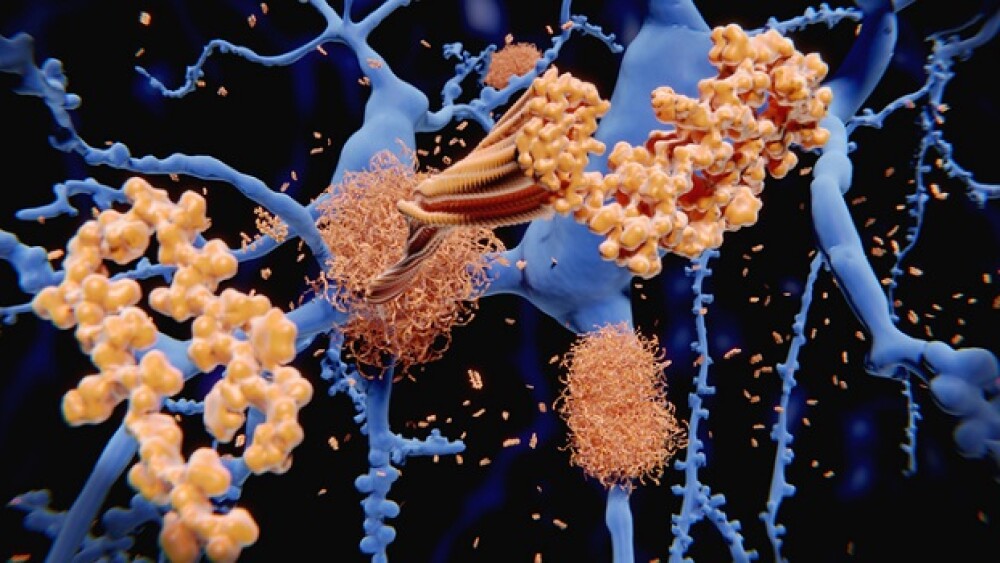After missing their initial target in March 2024, Eisai and Biogen have initiated a rolling BLA for a subcutaneous maintenance formulation of Leqembi, which could offer a more convenient dosing schedule for Alzheimer’s disease patients.
Eisai and Biogen on Tuesday announced that they have initiated a rolling Biologics License Application for a subcutaneous formulation of their anti-amyloid Alzheimer’s disease therapy Leqembi (lecanemab).
The partners are seeking approval for a weekly maintenance dose of Leqembi delivered by an autoinjector. If approved, the subcutaneous injection would be available for patients who complete a biweekly initiation phase with intravenous Leqembi and would allow patients to administer their maintenance doses at home, though they would still have the option of taking it at medical facilities.
Eisai and Biogen are supporting the rolling Biologics License Application (BLA) with data from the open-label extension phase of the Phase III Clarity AD study, as well as modeling results of observed data.
Designed to maintain effective levels of the drug in the body, Leqembi’s subcutaneous formulation is also easier to use and could reduce the need for patients to go to hospitals. “Subcutaneous maintenance dosing may be more convenient for patients and their care partners,” the companies said in Tuesday’s announcement.
Subcutaneous Leqembi could also sustain the clearance of toxic protofibrils, which otherwise contribute to nerve damage and cognitive problems as typically seen in Alzheimer’s patients. Protofibrils are the most toxic form of amyloid-beta proteins, according to the companies, and reducing them has the potential to slow disease progression.
In April 2024, Biogen and Eisai announced that they had missed their March 2024 target to file a BLA for the subcutaneous Leqembi injection. The companies initially planned to file the rolling BLA under Leqembi’s existing Fast Track and Breakthrough Designation, but the FDA clarified that they would need a separate Fast Track designation for the subcutaneous injection BLA.
Unable to start the rolling BLA for subcutaneous Leqembi, the partners instead filed a supplemental BLA for a monthly maintenance intravenous dosing regimen.
Leqembi is a humanized IgG1 monoclonal antibody that targets soluble and insoluble amyloid-beta plaques in the brain, tagging them for clearance from the brain and preventing the disruption of cognition. In January 2023, the FDA granted Leqembi accelerated approval based on biomarker data, which demonstrated that the antibody lowered amyloid-beta levels in the brain.
In July 2023, the regulator awarded Leqembi full approval making it the first anti-amyloid antibody to be traditionally approved for Alzheimer’s.
Despite full approval and broader CMS coverage, uptake of Leqembi has been slow with Eisai announcing in February 2024 that it would likely fall short of treating 10,000 patients by March 2024. However, Biogen revealed in its first-quarter earnings report in April 2024 that Leqembi sales have started to take off, generating $19 million in Q1.
Eisai projects Leqembi revenue to total approximately $360 million in fiscal year 2024, which runs April 2024 through March 2025.
Tristan Manalac is an independent science writer based in Metro Manila, Philippines. Reach out to him on LinkedIn or email him at tristan@tristanmanalac.com or tristan.manalac@biospace.com.






